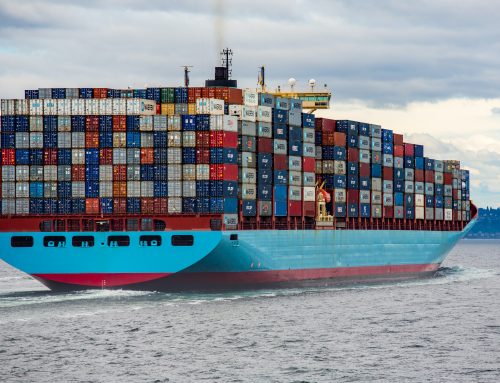While they may be one of the more popular items to import into the States, cigarettes and tobacco products are not exempt from the strict importation laws of the US customs border. Whether you’re bringing back some discounted cigarettes from your vacation abroad for personal use or you’re a serious tobacco importer in the commercial space, be sure to read up about the dos and don’t to have a seamless and trouble-free experience at the border!
Firstly, what constitutes as a “tobacco product?”
According to the U.S Customs and Border Protection, a tobacco product is anything of the following:
- Cigars
- Cigarettes
- Smokeless tobacco (snuff or chewing tobacco)
- Pipe tobacco
- Roll-your-own tobacco
The legal ins and outs of what each of the above actually entails could be talked about at length, but you can find all of the details here: 26 U.S.C. § 5702(c).
Personal Use
Anyone over the age of 21 who is importing cigarettes for personal use only may bring up to 200 cigarettes (2 cartons, 20 packs) and 100 cigars.
There is also an additional law which provides somewhat of a loophole for certain travelers who are returning from specific locations. Every 31 days, those (residents) returning to the states from American Samoa, Guam, the Commonwealth of the Northern Mariana Islands (CNMI), or the Virgin Islands of the United States are legally allowed to import 1,000 cigarettes (5 cartons, 50 packs) within their returning $1,600 exemption from duty and taxes, as long as not more than 200 of said cigarettes have been purchased somewhere other than these destinations.
What about flavored cigarettes?
Although flavored smokes may be the cigarette of choice for some outside of the US, “Bidis,” as they are legally known, are generally not permitted for import. According to the Tobacco Control Act, any cigarette with a “characterizing flavor” is not allowed to be imported. This does not include menthol, however, for those that are panicking!
You can find out more info, including any Federal Excise Tax you may be required to pay on your tobacco products, by going to the The Alcohol and Tobacco Tax and Trade Bureau.
Commercial Use
Anyone importing tobacco products for anything other than personal use must be in possession of a permit from the Alcohol and Tobacco Tax and Trade Bureau. Note that you can import cigarettes and cigars over the personal use limit that may still intended for personal use, but you must obtain the permit.
Tobacco imported for commercial use may also be subjected to Federal Excise Tax, under personal use Excise tax.
Applying for the permit entails the submission of an application along with legally required documentation. These documents will vary depending on your business structure and what kind of permit, notice, or registration you are applying for. You can find out exactly which documents are required by visiting the Alcohol and Tobacco Tax and Trade Bureau and entering the category under which you are applying!
Here, you will also find details of how to properly label your product. This is an important factor to be aware of, as importers are legally required by the Federal Trade Commission to correctly label their products in accordance with the Cigarette Labeling and Advertising Act.
While this may all seem a little challenging to navigate, all the information you need can be found with the relevant governing bodies — be sure to read the regulations thoroughly to avoid and nasty penalties at the border!
E-cigarettes and vaporizers — what are my options?
If you’re more interested in importing vapes and e-cigs, note that importation is still permitted into the US, as long as importers adhere to the correct nicotine warning label on their packaging.
What does that mean, exactly? It means that you may be required to report ingredients, comply with health warning requirements, or even submit an application for premarket review from the FDA if you are marketing new products.
To be fully in the know regarding your own situation, visit the FDA website or the U.S Customs and Border Protection.
If you’re returning to the US with some duty free cigarettes from abroad, or you’re managing your tobacco-related business supply chain, your importing options will vary largely on your own unique situation.
As is with anything customs related, contact a customs broker for help navigating the processes! Customs brokers are experts at navigating tricky import regulations.



